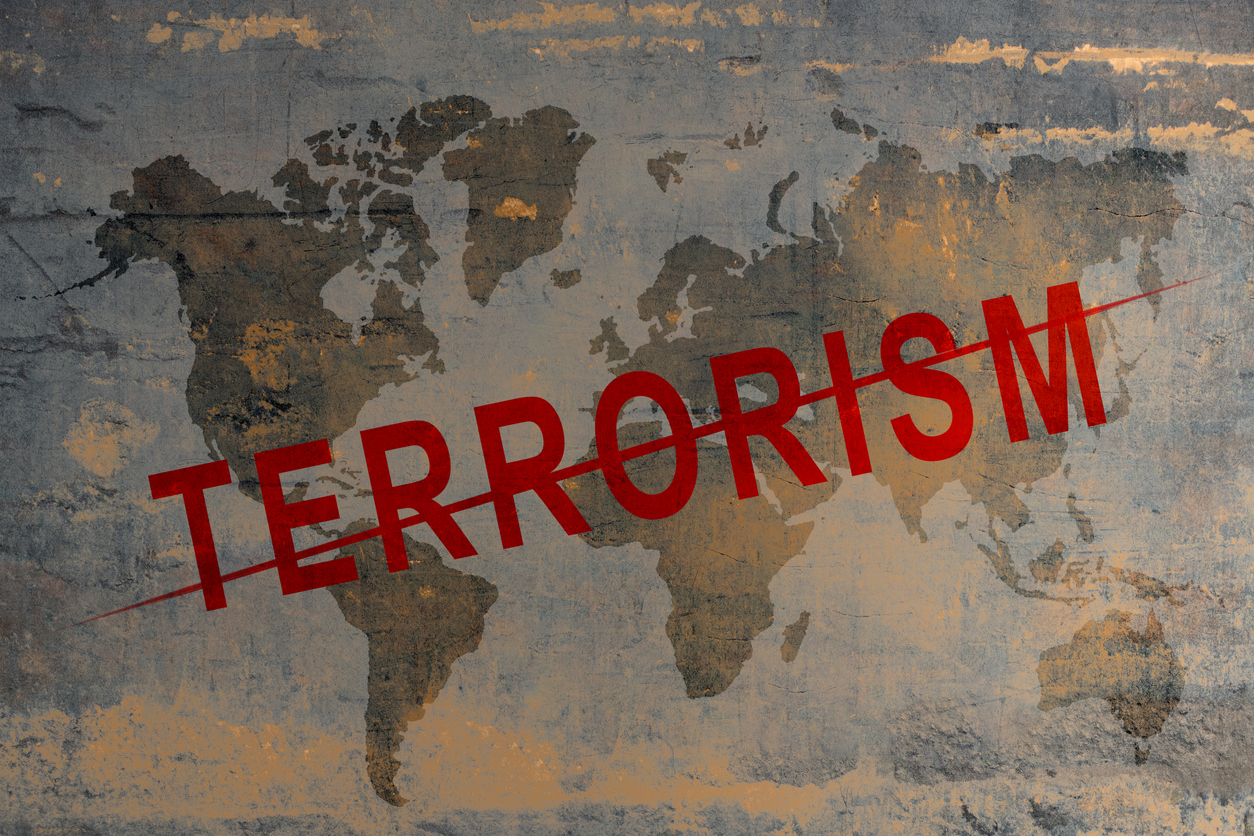The Islamic State group, also known under the acronym ISIS, has publicly taken responsibility for a devastating attack on a concert venue in Moscow last Friday. This incident, releasing disturbing footage claiming to showcase the attackers in action, marks the gravest act of terrorism Russia has encountered in years.
Authorities in Russia have pinpointed four individuals, hailing from the ex-Soviet republic of Tajikistan, as the culprits behind this tragedy. These men, now facing charges related to terrorism which could lead to life imprisonment, are currently held in custody, awaiting a preliminary trial scheduled for May 22 after their recent court appearance in Moscow.
In the international context, United States officials have linked the attack to the Islamic State in Khorasan, also known as ISIS-K, a subgroup of ISIS that operates within Central Asia. This organization has gained notoriety as one of the most formidable and feared terrorist factions in the region. The US had been providing intelligence to Russia since November, indicating a potential threat from ISIS-K. US Vice President Kamala Harris affirmed on Sunday the responsibility of ISIS-K for the Moscow assault, reflecting the consensus among intelligence assessments.
ISIS-K, established in 2015, has been active in countries like Afghanistan, Pakistan, and Iran. It represents a branch of the broader ISIS network, which surged to prominence in Syria and Iraq, commanding a vast territory at its zenith. Even though ISIS's territorial control has waned, it has morphed into a sprawling terror network with affiliates globally, including in Africa, the Middle East, and parts of Asia. The exact nature of the relationship between ISIS-K and its parent organization remains partially obscured, though they share ideological and tactical commonalities.
Ranked as the fourth deadliest terror group globally by 2018 by the Institute for Economics and Peace, ISIS-K came into the spotlight following the Taliban's ascendancy in Afghanistan in 2021 and the subsequent US military withdrawal. One of its most internationally impactful actions was a suicide bombing outside Kabul airport in August 2021, which resulted in significant casualties, including 13 US service members, drawing a vow of retribution from President Joe Biden. The United Nations estimates that ISIS-K maintains a core group of up to 2,200 fighters within Afghanistan.
The group's ambition is the establishment of an Islamic state governed by strict Sharia law, encompassing a global caliphate vision. ISIS-K's vehement opposition to the Taliban stems from ideological differences, with ISIS-K aiming for a more radical Islamic jihad. Their attacks have predominantly targeted the Taliban, Afghanistan's Shia Muslim minority, especially the Hazaras, and have included broad anti-Western sentiments and specific animosity towards Russia.
The historical context reveals deep-seated animosities between ISIS and Russia, primarily due to Russia's military interventions in Syria against ISIS and its controversial policies in Chechnya and the Caucasus. Recent years have seen ISIS-K escalating its rhetoric and actions against Russian interests, including a suicide bombing near the Russian embassy in Kabul in 2022.
Despite ISIS-K's diminished strength compared to its peak, the group remains a significant threat in Afghanistan, responsible for numerous deadly attacks. Its ability to conduct operations beyond its base has been highlighted by attacks in Afghanistan and Pakistan, as well as threats to global security as acknowledged by international intelligence and security assessments.
This recent atrocity in Moscow is a grim reminder of the persistent global threat posed by ISIS and its affiliates, demonstrating the complex and enduring challenge of combating terrorism across borders.
The risks to Canada from ISIS-K, as with many Western countries, primarily stem from the group's explicit anti-Western stance and its stated ambition to carry out attacks beyond its core operating regions of Afghanistan and Central Asia. ISIS-K has demonstrated a capability and intent to target not only local forces and populations in its immediate vicinity but also to inspire or direct attacks in other parts of the world. Here are several key risks:
- Terrorist Attacks: Although Canada is geographically distant from Afghanistan, ISIS-K has shown interest in inspiring or planning attacks in Western countries. The group's ideology and propaganda can motivate individuals or cells within Canada to carry out attacks.
- Radicalization: The group's online propaganda efforts can lead to the radicalization of vulnerable individuals in Canada. This can include Canadians who are radicalized online and then seek to travel abroad to join ISIS-K or other similar groups, or who are inspired to conduct attacks within Canada.
- Global Networks: ISIS-K's connections to the broader ISIS network mean that threats can be transnational. Individuals from Canada could be involved in terrorist activities abroad, which could have repercussions for Canada's national security and its international relations, especially with countries directly affected by ISIS-K's activities.
- Foreign Fighters: Canadians who have traveled abroad to join ISIS-K pose a risk upon their return, given their combat experience, training, and potential to carry out attacks or radicalize others in Canada.
- Cyber Threats: While ISIS-K is known for its physical acts of terror, there's also a risk of cyber-attacks directed at Canadian institutions as a means of spreading propaganda or disrupting critical infrastructure as part of their broader terror campaign.
- Refugee Flows: Conflicts and instability driven by ISIS-K in their regions of operation can contribute to refugee flows. Canada, being one of the countries that accept refugees, might face challenges in screening processes to ensure that individuals with links to terror groups do not enter the country under the guise of seeking asylum.
It's important to note that the Canadian intelligence and security services are aware of these potential risks and work both domestically and with international partners to mitigate them. This includes counter-terrorism operations, monitoring and intervention in cases of radicalization, and efforts to prevent the return of foreign fighters without appropriate legal processes.
At BlueSky, we offer our clients unparalleled access to analyst-verified monitoring, actionable intelligence, and proactive insights into protests and potential disruptions in real-time. Our commitment is to deliver intelligence that is not only insightful but also deeply rooted in human expertise. We pride ourselves on delivering intelligence that is insightful and human-centric, because "Our best intelligence is not artificial."
If you have additional questions about this report or would like more information on BlueSky, reach out to our team directly: [email protected]







